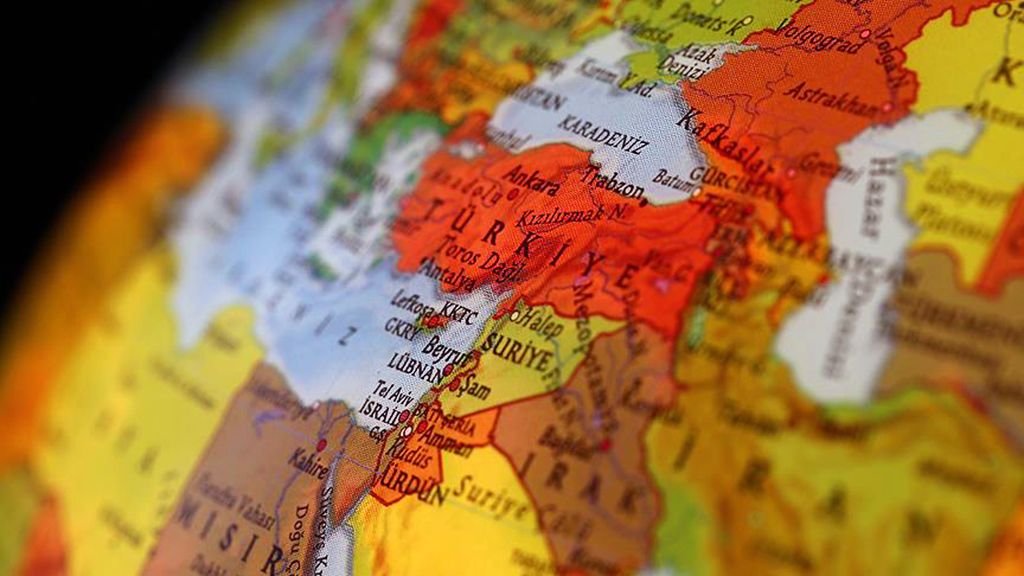
Jakub KOREJBA(*)
After the final restoration of the territorial integrity of Azerbaijan, the new regional reality was established: the frozen conflict in Karabakh is over and there is no perspective of another war to begin. Borders will stay where they are and accepting this fact shall be an axioma for any further plans both for countries in the region and the extra-regional players. But is it a fact? What is the stance of the Western countries who dispose of a major potential to influence the situation in the region? Both in a constructive and destructive way.
South Caucasian states and societies didn’t struggle to get rid of one hegemon (Moscow) to replace it with any other one (Beijing, Brussels or Washington). The basic objective of all of their governments and leaders is to launch and complete the state- and nation-building process, which they successfully do in extremely complicated internal and external circumstances starting from a very low basis. Many of them have been struggling with internal lack of social and national cohesion, others with external intervention and occupation and some of them with both at the time. Separatism, extremism and terrorism present in their direct neighbourhood at the time of their national recovery only added to this uneasy task of creation new political reality in the post-imperial zone left alone by Russian Empire and the USSR. And now, as Russian Federation is losing its position in the region, new opportunities presents themselves: both to the concerned countries and to external actors. The place left by the weakening Russia is seen differently: the former perceive it as a widening space of manoeuvre whose final goal is to strengthen their own independence and elaborate a new quality of their relations with major global powers. The latter, quite oppositely, not only want to fill the post-imperial gap by simply substituting themselves to Russia, but to hamper the local sovereignty even deeper: to keep Georgia, Azerbaijan and Armenia as objects and not subjects of international relations, and by conserving them in this quality to use them as instruments in the newly opened phase of the Great Game in Eurasia.
The fundamental stake of this competition is if, how and where will the Middle Corridor between East Asia and Europe be constructed. The Northern land one is blocked due to the isolation of Russia and Belarus coming with Moscow’s aggression in Ukraine and Minsk’s hybrid war against EU’s eastern border as well as Lukashenko’s complicity in the war (although, the fact that Belarus didn’t directly attack Ukraine and still remains an independent country shall be rather appreciated and not condemned by the West given the extremely peculiar situation of Belarus). The southern maritime one vastly controlled by the US Navy is long, costly and risky (given the situation in the Bab el Mandeb Straight) and it may be furthermore endangered, if the tension between the US and China degenerate into an overt kinetic conflict. Both solutions of the basic trans-Eurasian transportation system are not optimal and thus, all the participants shall be – and formally are – interested in constructing a more stable alternative. But, as a Polish proverb says, here is where the steps begin.
If the Middle Corridor is made real, it will not only connect East Asia with Europe (which is in itself already perceived as unfortunate in Washington) but potentially de-block everything in between the two, fundamentally transforming the international position of Central Asia and South Caucasus. During the vast majority of their modern history, those countries where land-locked one to the extreme and the only contacts with external world they had, was never direct but always through an imperial intermediary. As a result, an empire who provided them with economic and cultural access to the world, demanded a strategic and political subordination as a retribution. When those countries become independent, the situation didn’t change in practice because all communications were in fact centered on Moscow and it was Moscow with whom the West talked when it wanted anything from any of those states. Many of them wanted but couldn’t finish with this isolation-caused dependency and those who could, like Azerbaijan, were put into circumstances that made it impossible. The Armenian separatism as well as other conflicts in the region, was an instrument of Russian imperialism. And the aim of Paris of Washington, as it comes from their recent deeds and declarations is not to dismantle the imperial order but simply to take Moscow’s seat in the region.
The termination of the Karabakh conflict made it realistic to perceive South Caucasus and later on Central Asia as an active element of the Eurasian construction. And if great powers such as China and EU become interdependent with the region that hosts the most vital transportation route between them, this will fill the formal independence of South Caucasian republics with a real meaning: they will be in position to negotiate issues not only with their immediate neighbours but with great powers as well. Their subjectivity, space for manoeuvre and negotiating position will be strengthened. The world will become more multipolar, which means that less matters will depend on Washington, Brussels and Beijing. And here is probably the core of the problem: the great powers, who see their domination shrinking prefer not to have anything than have something which is not controlled by them. In a post-colonial imperialistic mentality, let it be in Moscow, Paris or Washington, it’s not important what other countries do, but to ask for the hegemon’s permission before.
The visible sabotage of the peace treaty between Baku and Erevan by France, and at least partially, by Washington reflect the fear of seeing the region autonomized from the existing post-imperial structures. In the light of the Western activity in South Caucasus, it becomes questionable whether the strategy of strengthening the post-Soviet state’s sovereignty is still an actual one? Or was it only, when it concerned their sovereignty vis-à-vis Moscow and do not apply to their position towards other aspiring big brothers? Political, moral and, in the French case, military support to Armenia only moves the two former antagonists away from signing the peace treaty, which is, in turn indispensable to form the legal basis for realization of investment and infrastructural projects. The time for that is short, given the growing isolation of Russia and tensions between US and China. The Middle Corridor in practice, is thousands of kilometres of railways and roads, checkpoints and ports, which are to be built and this needs (for the companies who will construct it and for the banks who will finance it) strategic perspective of a long or at least mid-term stability. And if they are not before the maritime chains of supply are interrupted by the US-Chinese rivalry, the whole Eurasia will face a major crisis (that may, among others, very unfortunately lead to a forced deblocking of Russia despite the sanctions, that would compromise the West and make Putin a winner). Every year of postponing normalization in the South Caucasus may be a lost year not only for the concerned countries but for the stability and peace in Eurasia as a whole.
The multi-polar world is in the making and the fact that the decision-making process will be decentralized may be mentally difficult for politicians who got used to manage whole continents from behind one desk in Paris or Washington. But hampering the process of strategic, economic and political emancipation of South Caucasus is not only debilitating the region’s own development potential materially. It compromises the moral potential of the West as a promotor of freedom and prosperity in the post-Soviet space. And this, once again, permits Moscow’s propaganda to present the Soviet and post-Soviet period ‘not-as-bad’ in comparison to the actual politics of the West.
The current situation in the South Caucasus, a new one, permits the West to play a role different from the empires who controlled the region previously in history. And by doing that, to elaborate a new identity for the West itself, a one that could work in the 21st century. If the tactical power game is not replaced by a coherent and long-term strategy, the opportunity presented is about to be missed.
* Jakub Korejba graduated from Warsaw University (Institute of International Relations, 2009). Lecturer at MGIMO University in Moscow (2010-2015). Holds Ph.D degree (Problems of European Policy in Russia-Ukraine Relations, 2013). Journalist with several Polish newspapers and Russian TV stations. Dr. Korejba joined AVİM as a Non-resident Fellow in October 2023.
© 2009-2025 Avrasya İncelemeleri Merkezi (AVİM) Tüm Hakları Saklıdır
Henüz Yorum Yapılmamış.
-
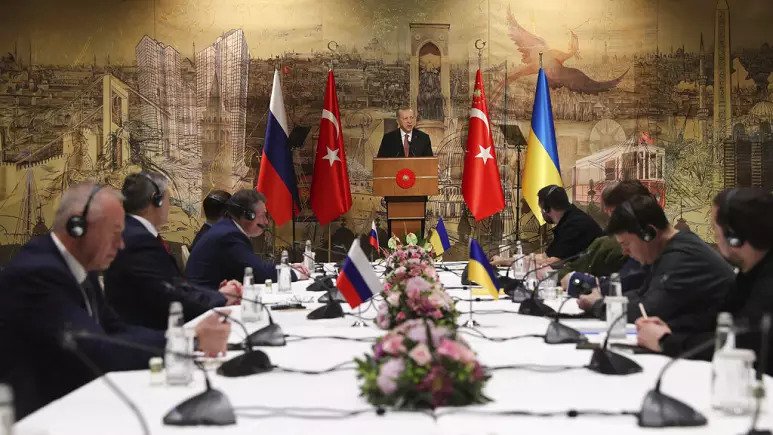 RUSSIA AND UKRAINE: FAR FROM PEACE - 27.09.2022
RUSSIA AND UKRAINE: FAR FROM PEACE - 27.09.2022
Jakub KOREJBA 27.09.2022 -
 NATO-AZERBAIJAN: SUCCESSFUL PARTNERSHIP FOR TURBULENT TIMES - 28.11.2024
NATO-AZERBAIJAN: SUCCESSFUL PARTNERSHIP FOR TURBULENT TIMES - 28.11.2024
Jakub KOREJBA 02.12.2024 -
 THE ORGANIZATION OF TURKIC STATES – A LONG EXPECTED ALTERNATIVE FOR CENTRAL ASIA - 29.03.2024
THE ORGANIZATION OF TURKIC STATES – A LONG EXPECTED ALTERNATIVE FOR CENTRAL ASIA - 29.03.2024
Jakub KOREJBA 29.03.2024 -
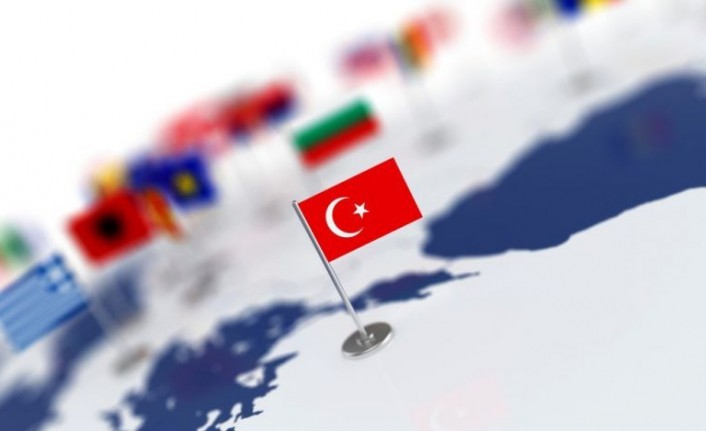 TÜRKİYE AND EASTERN EUROPE - PROSPECTS AND LIMITS
TÜRKİYE AND EASTERN EUROPE - PROSPECTS AND LIMITS
Jakub KOREJBA 06.10.2022 -
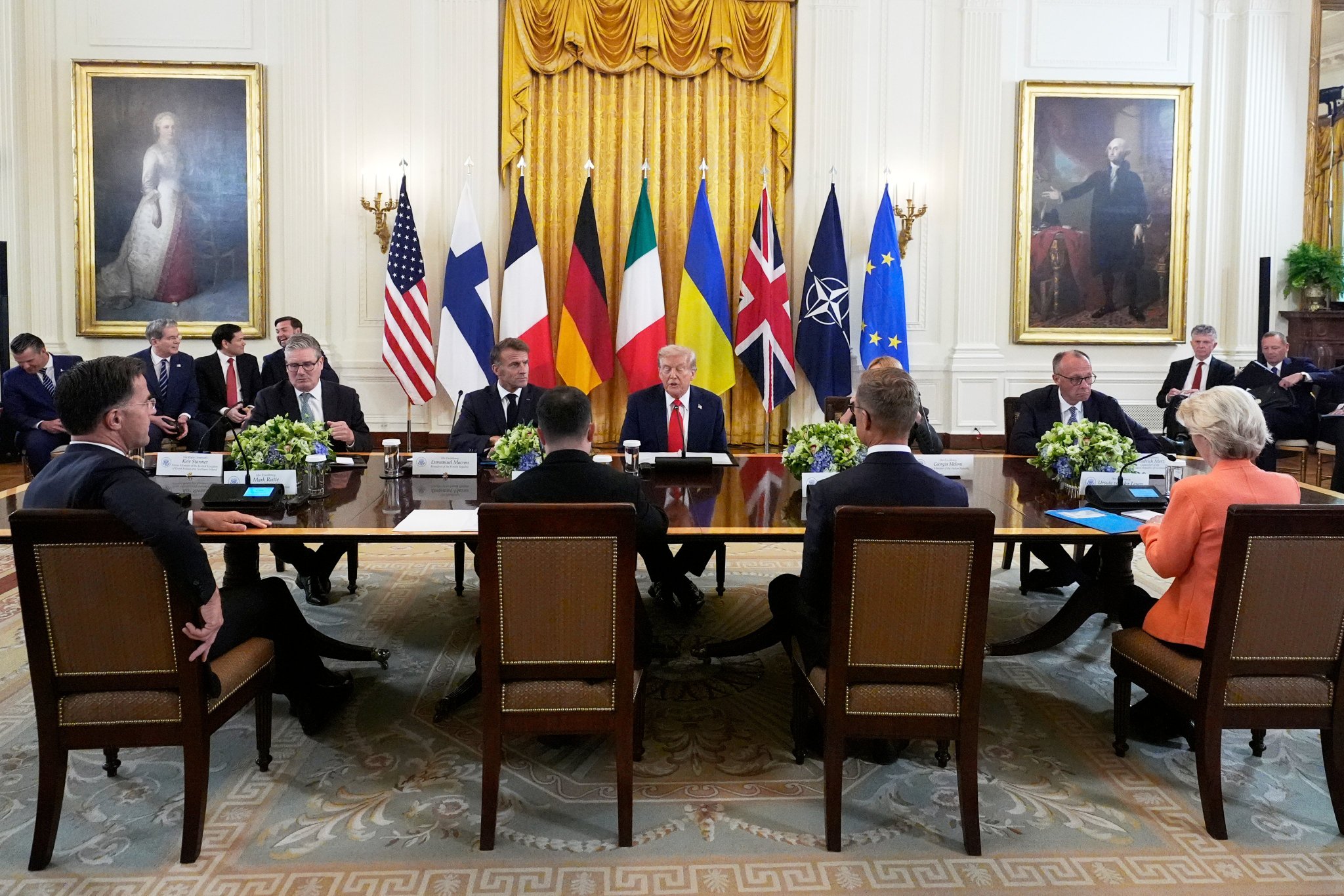 MEETING IN WASHINGTON - A LESSON OF REALISM - 22.08.2025
MEETING IN WASHINGTON - A LESSON OF REALISM - 22.08.2025
Jakub KOREJBA 25.08.2025
-
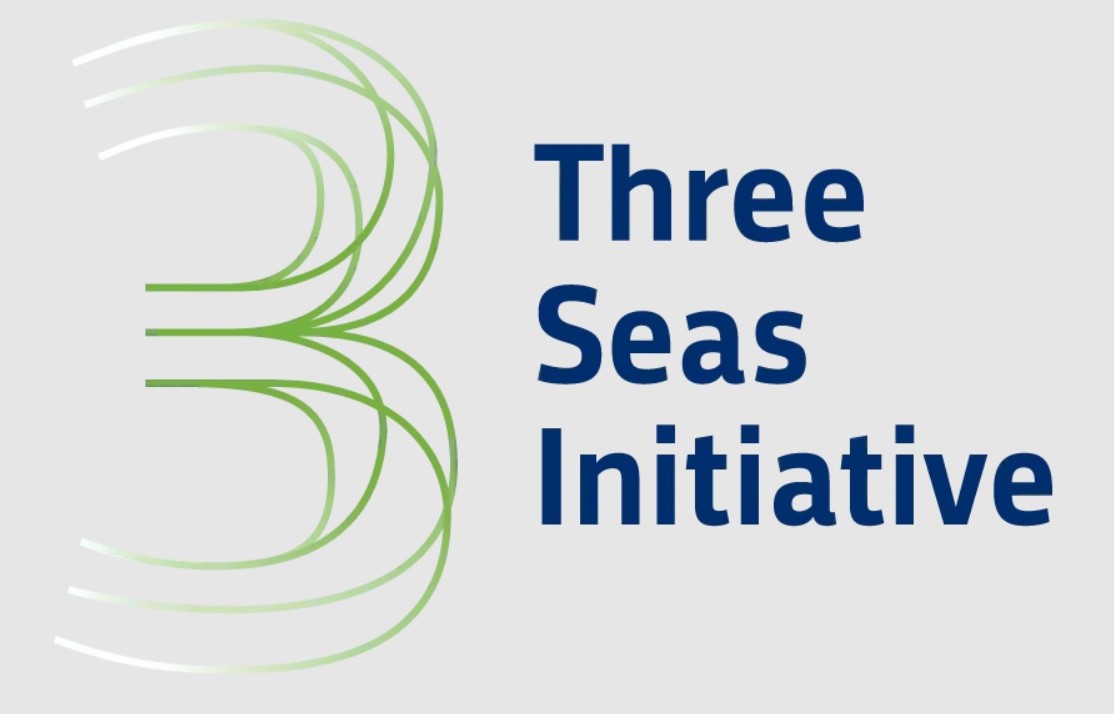 THE THREE SEAS INITIATIVE (3SI): AN ALTERNATIVE PROJECT TO PREVENT BRI?
THE THREE SEAS INITIATIVE (3SI): AN ALTERNATIVE PROJECT TO PREVENT BRI?
Deniz ÜNVER 31.05.2021 -
MİLLÎ KAHRAMAN Rauf. R. DENKTAŞ
Tugay ULUÇEVİK 20.01.2012 -
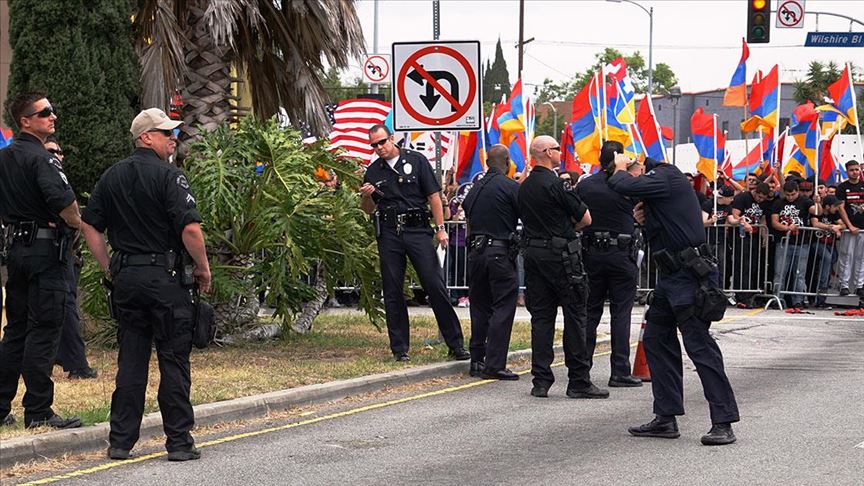 DİASPORA ERMENİLERİ, 1915 İDDİALARI KONUSUNDA DAHA RADİKAL - HABERTÜRK - 25.04.2020
DİASPORA ERMENİLERİ, 1915 İDDİALARI KONUSUNDA DAHA RADİKAL - HABERTÜRK - 25.04.2020
Ferudun ATA-Mehmet Oğuzhan TULUN 27.04.2020 -
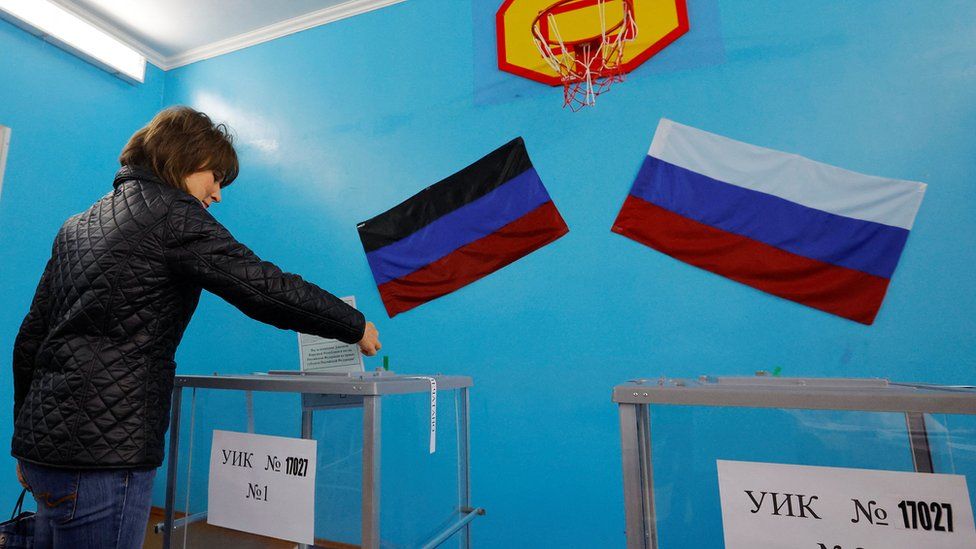 REFERENDUMS - A GAME CHANGER BETWEEN RUSSIA AND UKRAINE - 11.10.2022
REFERENDUMS - A GAME CHANGER BETWEEN RUSSIA AND UKRAINE - 11.10.2022
Jakub KOREJBA 11.10.2022 -
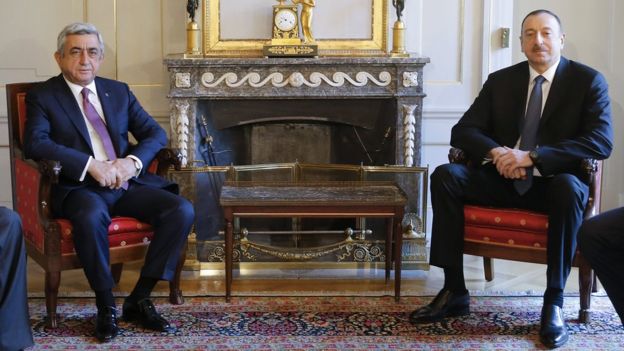 ERMENİSTAN-AZERBAYCAN BARIŞ PLATFORMU VE OLASI BEKLENTİLER
ERMENİSTAN-AZERBAYCAN BARIŞ PLATFORMU VE OLASI BEKLENTİLER
Ehtiram AŞIRLI 16.12.2016


